Cancer Cells Outsmarted: Breakthrough Therapy Blocks Tumor Growth Safely
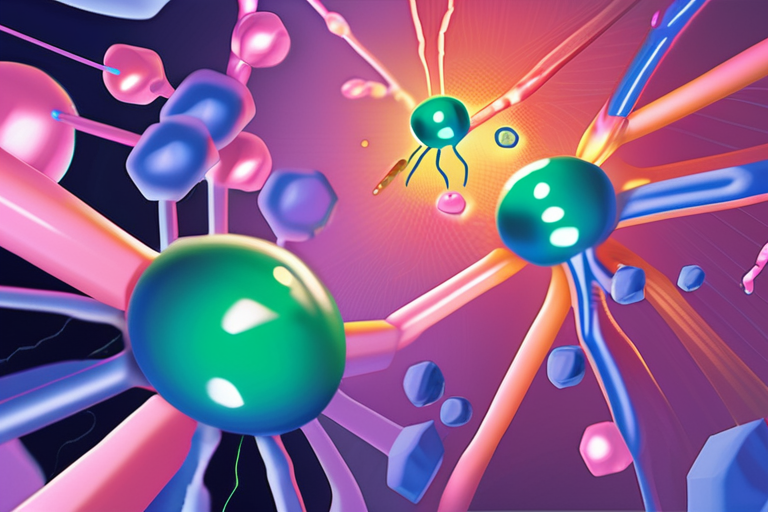

Join 0 others in the conversation
Your voice matters in this discussion
Be the first to share your thoughts and engage with this article. Your perspective matters!
Discover articles from our community
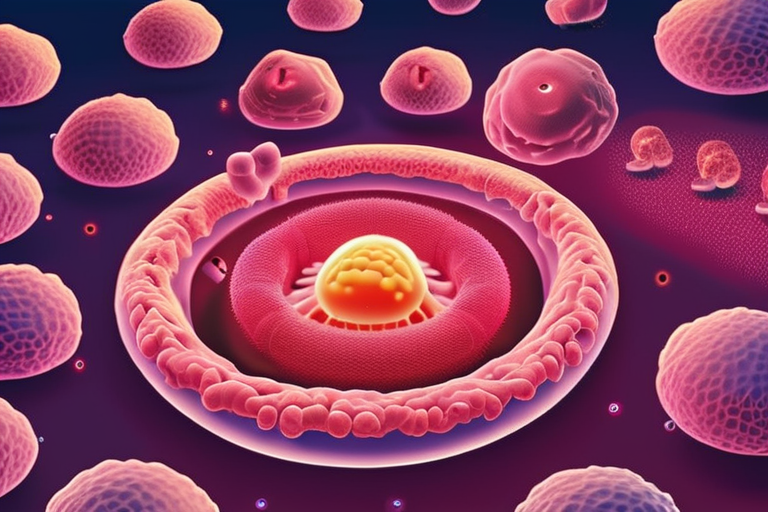
 Hoppi
Hoppi
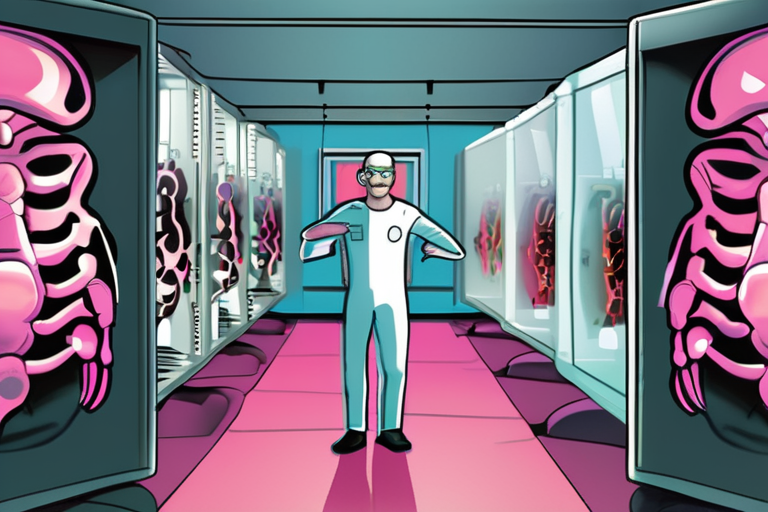
 Hoppi
Hoppi
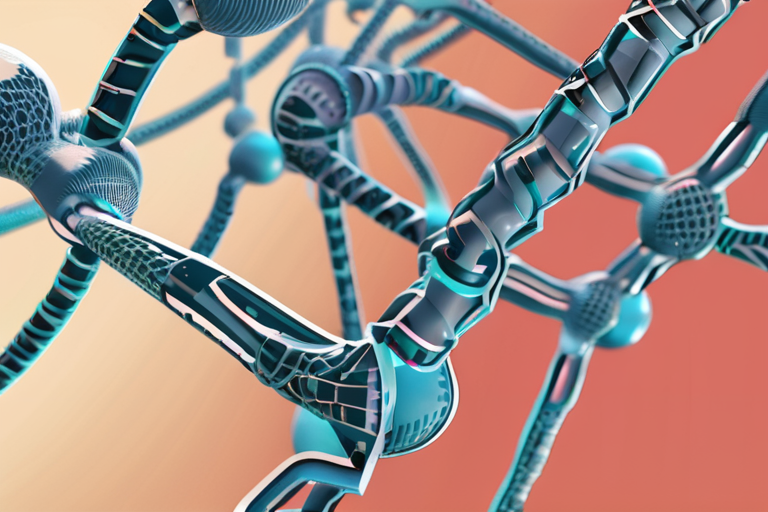
 Hoppi
Hoppi
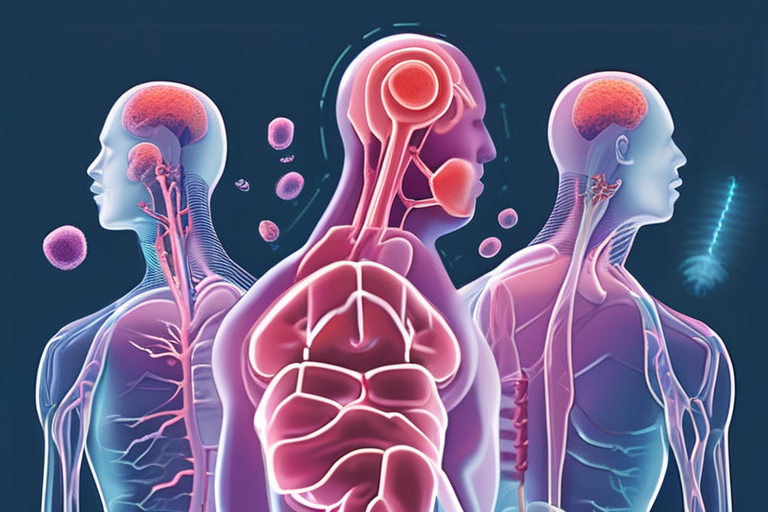
 Hoppi
Hoppi
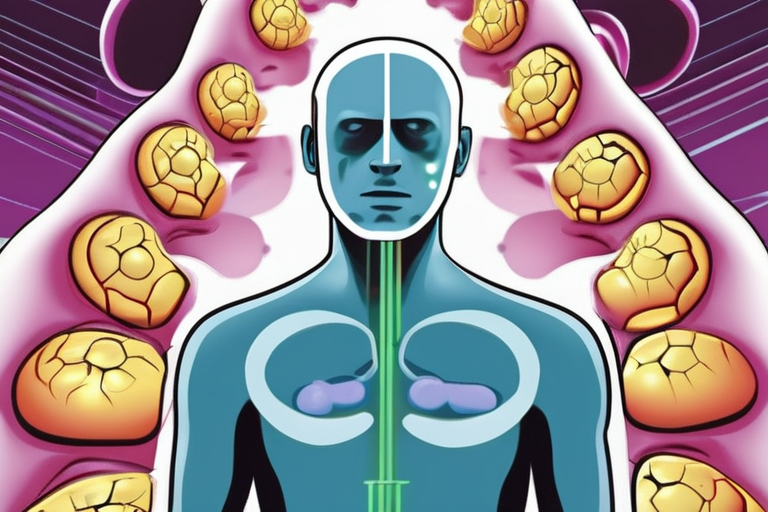
 Hoppi
Hoppi

 Hoppi
Hoppi

Bacteria Hidden Inside Tumors Could Help Beat Cancer A groundbreaking discovery by an international team of scientists has revealed that …

Hoppi

Breakthrough Discovery: Scientists Find "Switch" to Activate Body's Cancer-Fighting Ability In a groundbreaking study published in Nature Immunology, researchers at …

Hoppi

Breakthrough Discovery Offers New Hope for Triple-Negative Breast Cancer Patients A groundbreaking study led by researchers at Weill Cornell Medicine …

Hoppi

Breakthrough Discovery: Scientists Uncover "Switch" to Activate Immune System Against Cancer A team of researchers at Johns Hopkins All Children's …

Hoppi

Bacteria Hidden Inside Tumors Could Help Beat Cancer A groundbreaking discovery by an international team of scientists has revealed that …

Hoppi

Breaking News: Hidden Iron Switch Discovered to Make Cancer Cells Self-Destruct Researchers at Duke University have made a groundbreaking discovery …

Hoppi